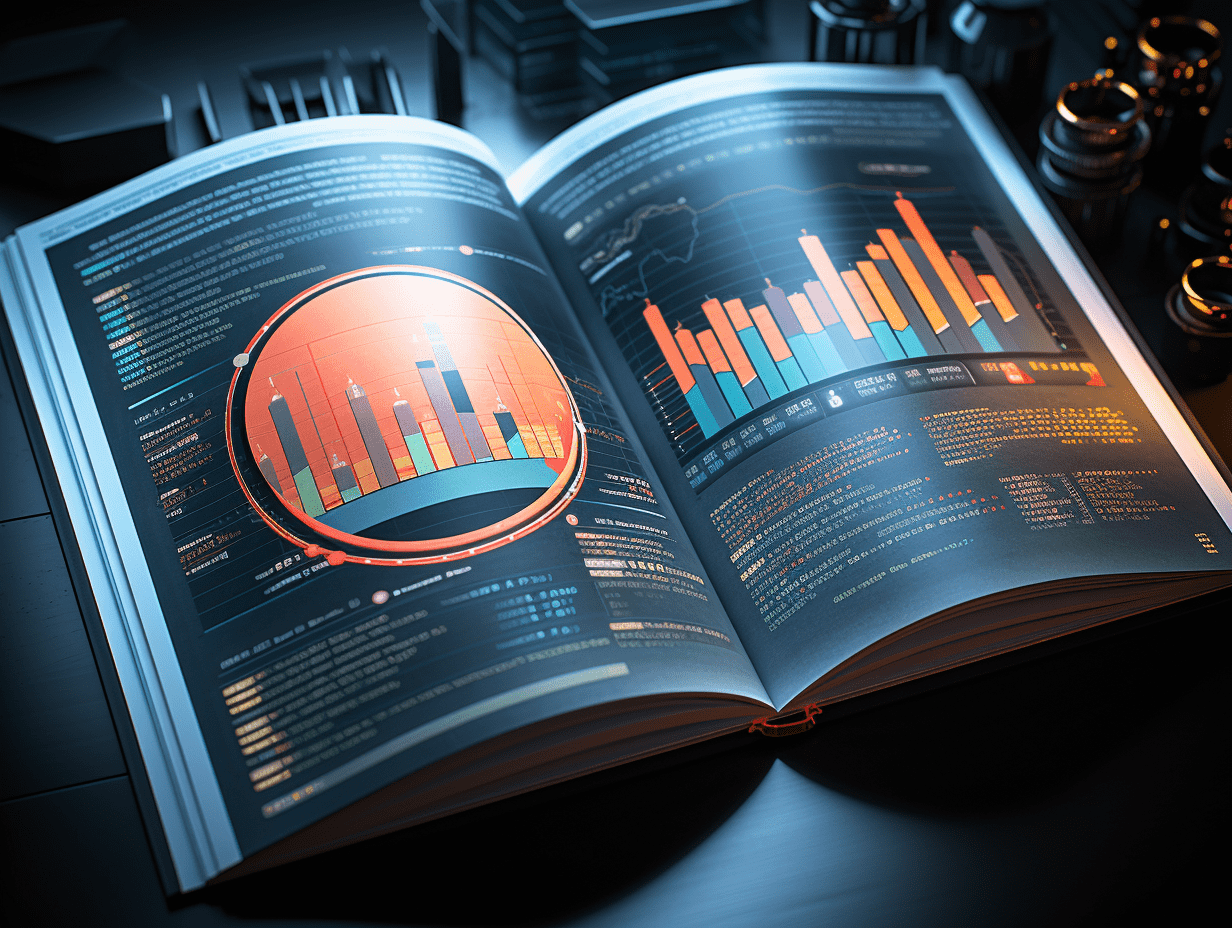Federal Reserve Vice Chairman: Tariffs may disrupt the path of inflation fall, and economic growth will slow.
Jefferson said on Wednesday that the latest inflation data shows that the United States is continuing to move towards the Federal Reserve's 2% inflation target, but the future inflation trend still faces uncertainty.
Federal Reserve Vice Chairman Philip Jefferson said on Wednesday that the latest inflation data shows that the United States is continuing to move towards the Federal Reserve's 2% inflation target, but future inflation trends still face uncertainty, mainly due to the possibility of a new round of import tariffs pushing up prices.
Speaking at an event at the New York Fed, he stated that consumer price increases in the United States in April were lower than analysts' expectations, which is a positive signal. However, there are still many uncertain factors regarding inflation prospects. "If the currently announced tariff measures continue, they could interrupt the current downward trend in inflation and at least bring about a period of inflation increase."
He pointed out that whether tariffs will exert sustained upward pressure on inflation depends on the specific implementation of trade policy, the degree to which it impacts consumer prices, the supply chain's ability to respond, and overall economic performance.
Regarding monetary policy, Jefferson reiterated his support for keeping interest rates unchanged at the last Federal Open Market Committee (FOMC) meeting. He believes that the current "moderately restrictive" policy rate range of 4.25% to 4.5% provides a good position to address future potential economic changes.
He stated that the U.S. labor market remains "robust," and the slight contraction in U.S. economic output in the first quarter of this year was mainly due to distorted import data and does not fully reflect the true extent of economic slowdown.
However, Jefferson also acknowledged a decline in confidence among businesses and households, and he is closely monitoring signs of weakness in economic activity in actual data. He expects U.S. economic growth to slow down this year but still remain positive.
Looking back at previous trade policies during the Trump administration, repeated announcements of imposing tariffs raised import tax rates to historic highs, but some of the most aggressive actions were later postponed. This inconsistency and uncertainty make it difficult for the Federal Reserve to evaluate the ultimate impact of tariffs on prices, economic growth, and employment.
Currently, Federal Reserve officials have stated that they will continue to maintain a wait-and-see approach, waiting for the final implementation of trade policies and other policy adjustments to assess their actual impact on the economy.
Related Articles

Spokesperson of the Ministry of Commerce answers questions from reporters on the suspension of 17 US entities from the Unreliable Entity List.

Ministry of Commerce Spokesperson Answers Reporters' Questions Regarding Export Control List Controls

Chicago Fed President: The Fed must maintain stability in stock market volatility and policy changes.
Spokesperson of the Ministry of Commerce answers questions from reporters on the suspension of 17 US entities from the Unreliable Entity List.

Ministry of Commerce Spokesperson Answers Reporters' Questions Regarding Export Control List Controls

Chicago Fed President: The Fed must maintain stability in stock market volatility and policy changes.

RECOMMEND

The United States Adjusts Additional Tariffs on China
14/05/2025

The central bank: the cumulative increase in social financing scale in the first 4 months reached 16.34 trillion yuan.
14/05/2025

Ministry of Science and Technology and six other departments: Accelerate the construction of a science and technology financial system to provide strong support for high-level scientific and technological self-reliance.
14/05/2025


